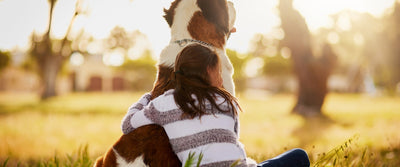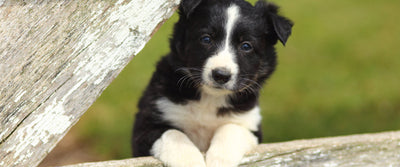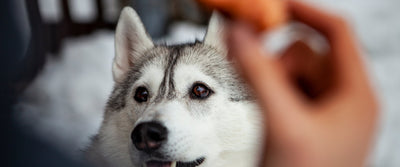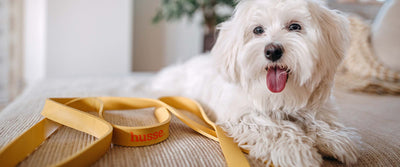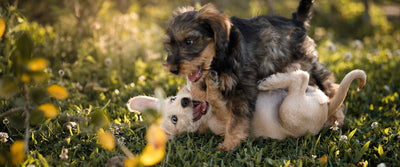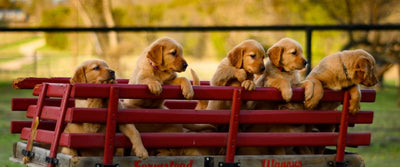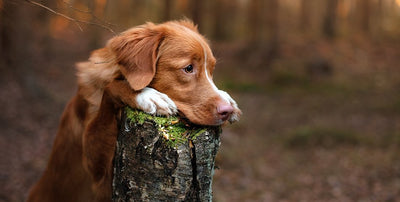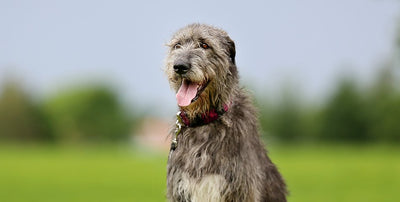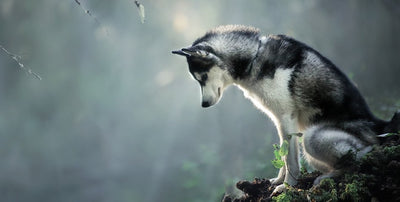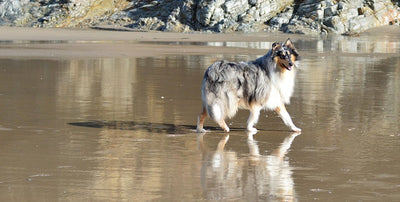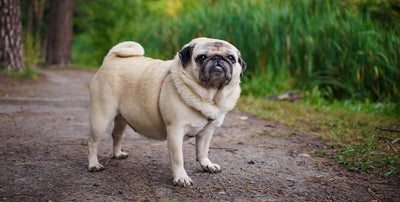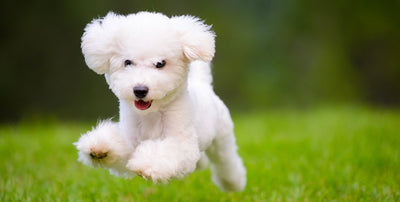A popular police dog and excellent guard dog
Doberman is big, but a very lean and athletic dog. Not too docile, a bit wary with strangers, which makes him a perfect guard dog. Agile and active, this dog does require a significant amount of physical activity during the day.
|
|
Germany |
|
|
Group 2, Section 1 |
|
|
Energetic, obedient, intelligent, brave, loyal, careful, confident |
|
|
black or chocolate brown, white, blue, cream |
|
|
Male: 40–45 kg, Female: 32–35 kg |
|
|
Male: 66–72 cm, Female: 61–68 cm |
|
|
from 9 to 13 years |
Doberman puppies
Doberman puppies are very smart and cooperative. But you should always remember that this breed is quite independent and will not become docile. During training with your Doberman puppy always have in mind that you have to find a common ground with your dog - your puppy needs to trust you and never should be afraid of you. Be patient and calm - Doberman puppies need a collected owner and teacher. Always reward your puppy for good behaviour and correctly executed commands. Tasty treats can be a great motivation during your training sessions. Since dobermans are typically highly active they need a diet that will provide them with enough energy throughout the day. As a big dog breed dobermans can experience hyp dysplasia, so a diet with addition of glucosamine and chondroitin can be a great choice. Valp Maxi is a complete and balanced dry food for puppies of large dog breeds that will provide your puppy will all the necessary nutrients.
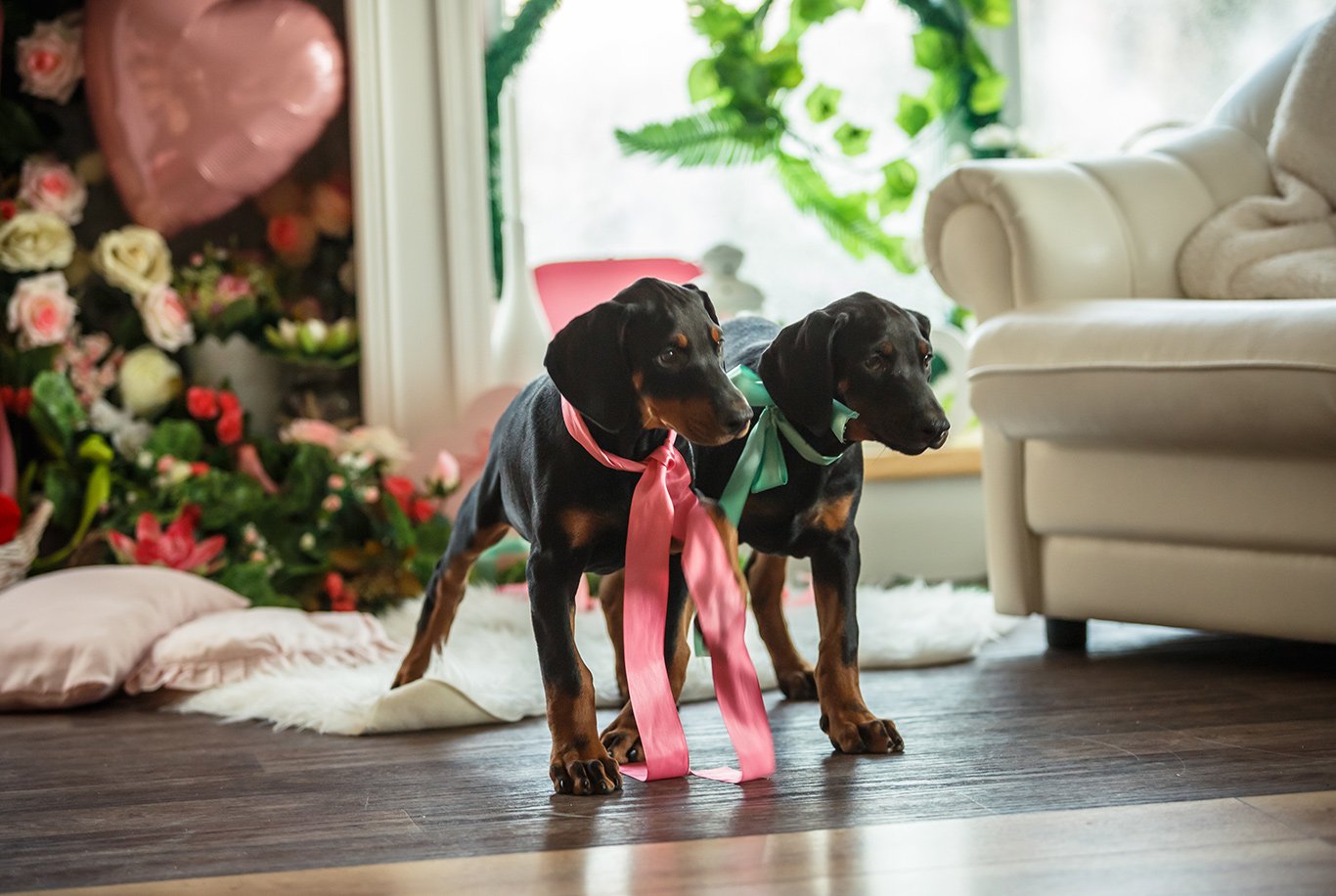
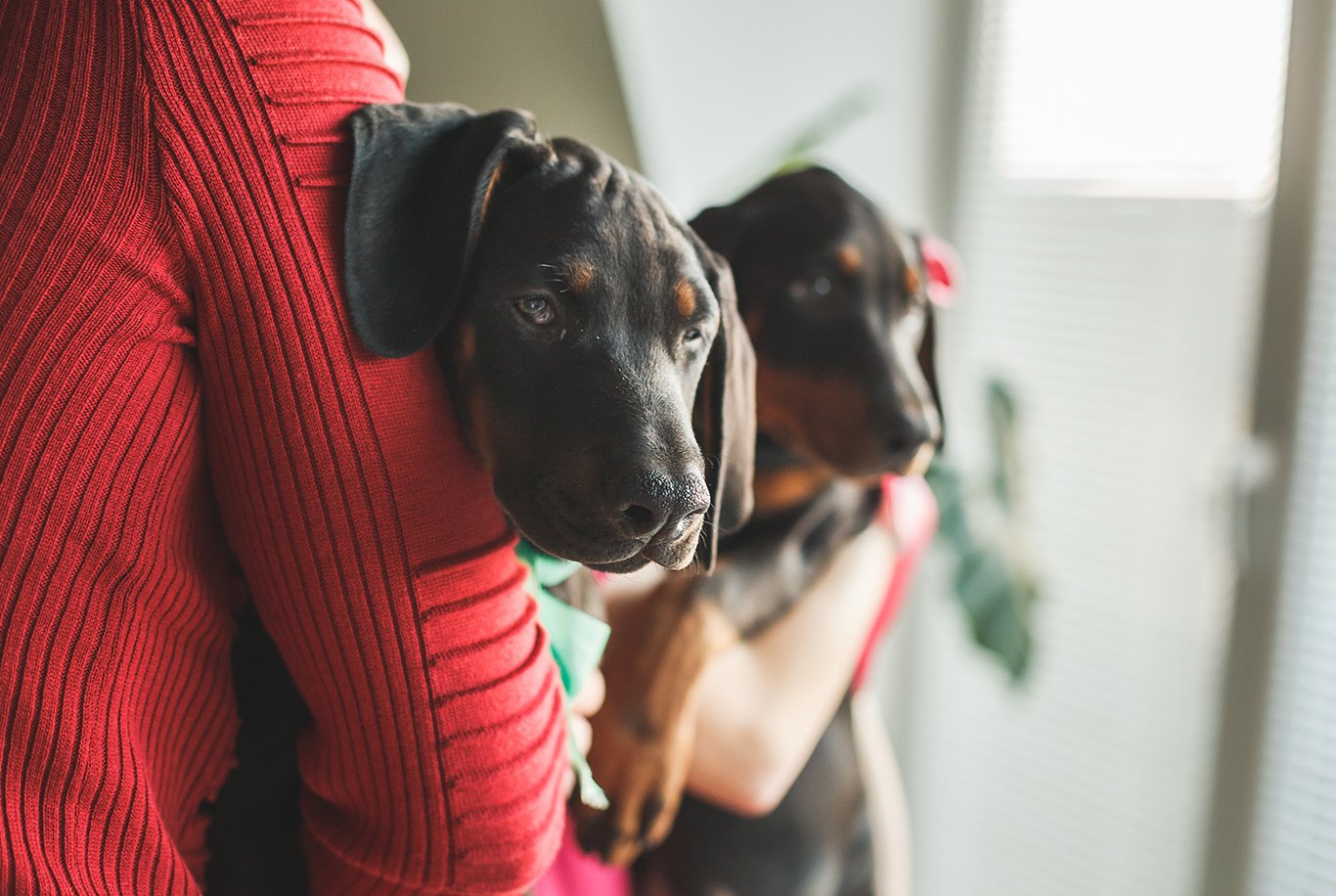
Doberman nutrition
Dobermans are a dog breed that is extremely sensitive to any nutritional deficiencies. Healthy diet with high levels of protein, all the necessary vitamins and minerals will ensure your dog stays in great shape. Dobermans are not too picky when it comes to food - they should enjoy both dry and wet food, but will usually prefer the type of food they are the most accustomed to. If you want to change your dog’s diet don’t forget about the transition period, where you’ll be mixing the new formula with your dog’s current diet. That way the digestive system of your dog has a chance to get used to the new formula. As dobermans enjoy physical activity they will need a high-protein diet that is higher in calories. With age the activity level of your dog can decrease, and so should the amount of calories in his diet. Every dog is different, so daily food intake should be calculated based on your dog’s weight, lifestyle and individual preferences.
Detailed description of Doberman
Doberman is a great choice for a quard dog. This dogs are usually wary with strangers and have fast reflexes. Loyal to their owners, but they do need a good bit of training.
Origin
First records of dobermans breeders date back to 1880. Karl Friedrich Louis Dobermann was the first doberman breeder, and the breed was named after him. The breed has been created as a result of crossbreeding of many breeds, that Karl Friedrich Louis Dobermann choose based mainly on the appearance. Probably the ancestors of modern german shepherd had the most influence on the body shape and overall look of dobermans. After Dobermann died Otto Goeller took over the breeding program and added finishing touches that solidified the appearance of modern day dobermans.
Appearance
Strong and agile dobermans are known for their elegant and lean body shape. Dobermans are commonly referred to as poised dogs, for some they can appear quite intimidating. For many years dobermans had their ears and tails clipped. As the procedure got banned, the dogs regained their naturally floppy ears and long tails. Dobermans have slim heads and dark coloured, almond-shaped eyes. Dobermans coat is usually seen in a burnt black, black or brown colour. White, blue or cream coat colour is much less common in this breed.
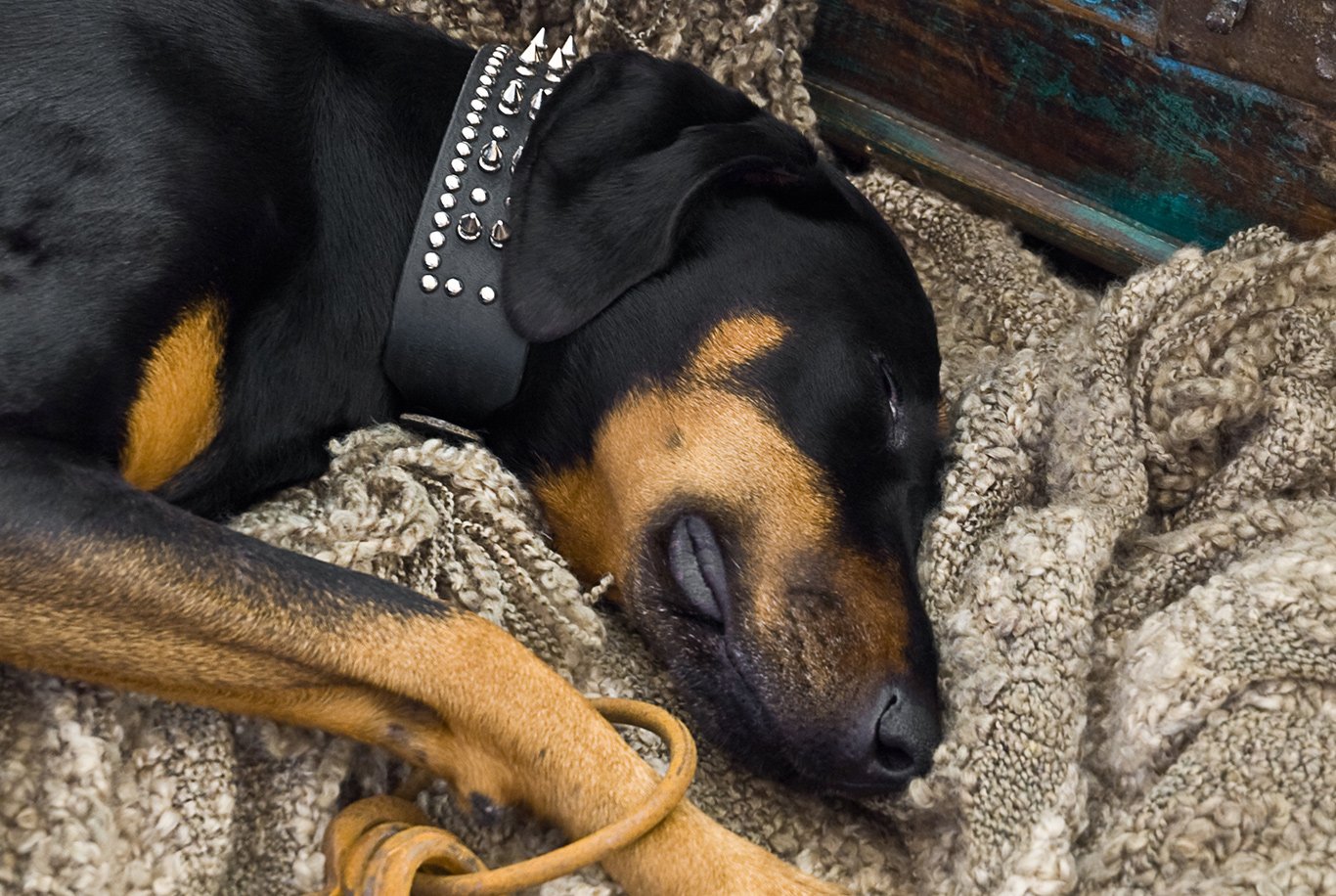
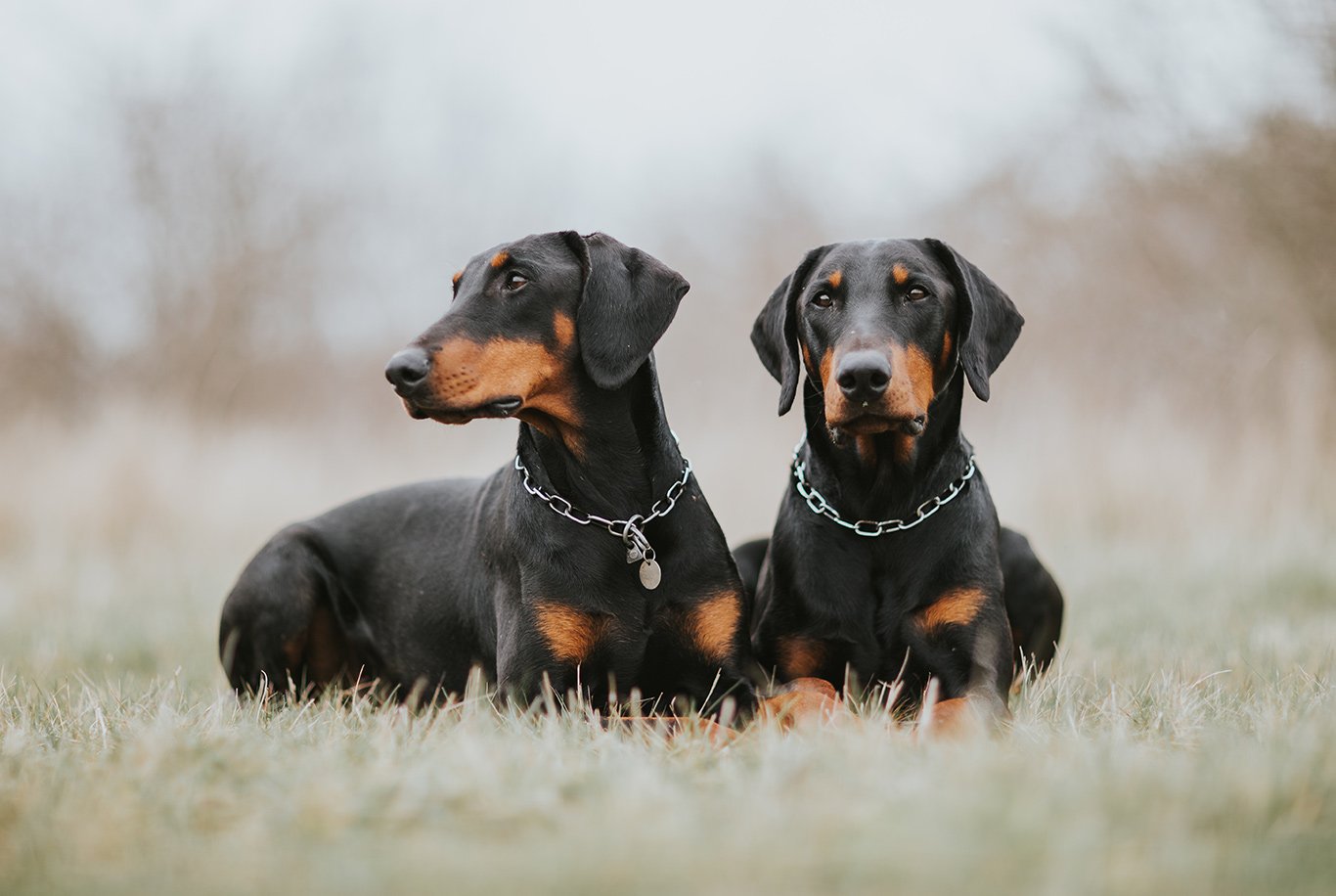
Behaviour
Dobermans are known for their strong character and temperament. This dog breed is extremely resilient, highly energetic and active and with great pain tolerance. In the right hands doberman becomes a loyal and collected companion, but his alertness makes him a great quard dog. Dogs of this breed usually get attached to one human, but remain friendly towards other family members. Dobermans feel very protective of children, which can become a nuisance if you’ll have to leave your kid with a nanny or a close friend. This breed of dogs can enjoy the company of humans as well as other animals.
Requirements
With their long history as a working dog, dobermans need a great deal of physical activity throughout the day. Dogs of this breed enjoy the company of their caretakers and if isolated from humans and other animals can show aggressive behaviour. This dog breed requires a good amount of training with a person that can handle such a temperamental dog.
Daily care
Short and slick hair is very easy to care for. Dobermans do not shed much, but their short and stiff hairs can stick to any clothing or furniture. A weekly brushing can reduce the amount of hairs your dog will leave around the house. To clean your dog’s coat you can simply wipe it with a rubber glove or damp towel. If you see your dog’s nails getting too long, don’t forget to trim them. After a long walk apply a moisturizing balm to your dog’s paws. Check your dog’s ears and the under eye area.
Dr Anna Plummer
Vet and blogger


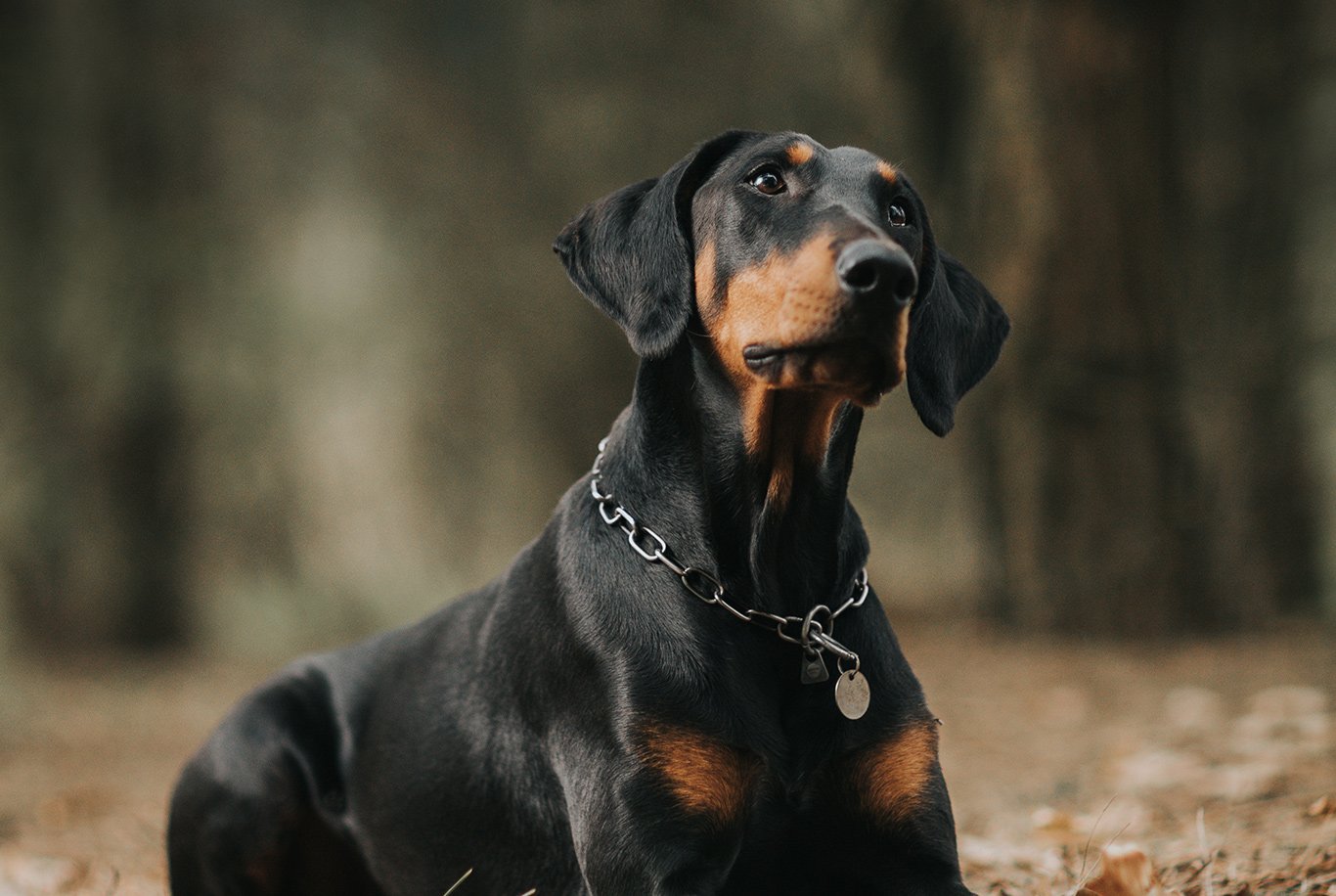
 Country of origin:
Country of origin: FCI group:
FCI group: Temperament:
Temperament: Colors:
Colors: Weight:
Weight: Height:
Height: Life expectancy:
Life expectancy: